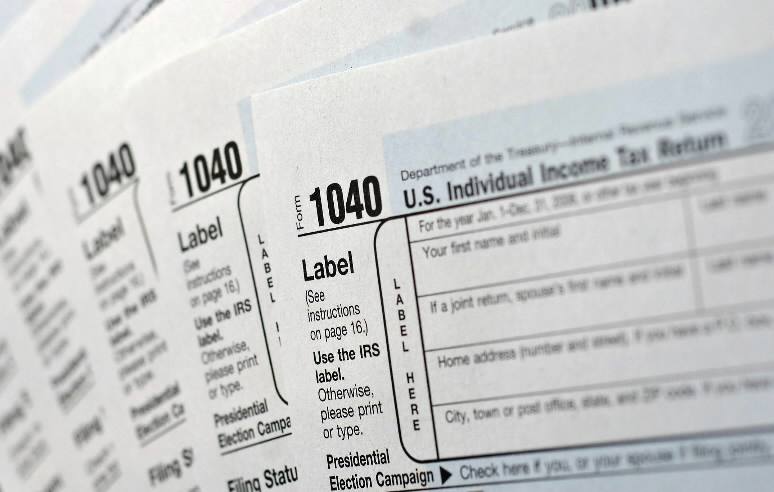Perhaps “tax simplification” won’t just be buzzwords” used by politicians much longer.
A new bill introduced by Senator Elizabeth Warren (D-MA) could affect the filing of federal income tax returns by millions of Americans. The “Tax Filing Simplification Act of 2016” requires the IRS to develop a free service for filing tax returns directly with the federal government and prohibits the nation’s tax collection agency from entering into agreements restricting the use of free online tax preparation and filing services. The proposed legislation would also allow taxpayers to download information already provided to the IRS by third party sources and completely eliminate returns for filers with simple situations.
“Congress should be making it easier for Americans to file their taxes each year, not bowing to the interests of the tax prep industry,” said Warren in a press release “The Tax Filing Simplification Act is a commonsense bill that would help taxpayers all across this country file their taxes with less stress and fewer costs, and it would push the IRS to use the authority it already has to simplify Tax Day for all Americans.”
The new bill was co-sponsored by several other legislators, including Democratic presidential hopeful Senators Bernie Sanders (D-VT), as well as Senators Sheldon Whitehouse (D-RI) Tom Udall (D-NM), Jeanne Shaheen (D-NH), Al Franken (D-MN), Tammy Baldwin (D-WI) and Edward J. Markey (D-MA).
“Tax Day has become an opportunity for corporations to profit off of confusion over our complicated tax code. That is wrong,” added Sanders “The Tax Filing Simplification Act would end the absurdity of Americans having to pay private companies hundreds of dollars to pay their taxes. We must make tax filing as easy as possible, not direct profits to private companies at the expense of working families.”
Sanders’ main challenger for the Democratic presidential bid and the current front runner, former Secretary of State and Senator Hilary Clinton (D-NY) echoed the sentiments. “This important piece of legislation will help us build a better, fairer tax system,” said Clinton in a prepared statement. “This proposal will help take the headache out of Tax Day, saving Americans both time and money.”
In conjunction with the introduction of the Tax Filing Simplification Act, Warren released a staff report detailing how taxpayers have incurred tax filing costs for decades while having to share their personal information with third parties. In particular, the report targets the Free File Alliance of tax software vendors that has partnered with the IRS, claiming that the program is currently used by only three percent of eligible filers and offers a confusing “maze of offerings” that can trick taxpayers into buying unnecessary products.
The Free File Alliance objected to both the proposed bill and the report. “The Tax Filing Simplification Act is anything but simple,” said Free File Alliance executive director Tim Hugo. “Not only would the legislation create a tremendous and potentially harmful conflict of interest for the American people by enshrining roles of tax preparer, tax collector, tax auditor and tax enforcer together in one entity, the IRS, but the system’s very creation would also be a huge burden for taxpayers. The IRS has cut 13 percent of its full-time workforce since 2011, and government budgets are shrinking, not expanding. The proposal would make the essential tax administration work of the IRS impossible, while disadvantaging the taxpayer. The reality is that Americans already have free and effective options for tax preparation which cost the public, Treasury and taxpayers nothing.”
The bill will likely face an uphill climb against a strong lobby of tax product vendors and the Republican faction in Congress. Other detractors point out to a lack of trust in the IRS.
Tax practitioners should be aware that their roles could change dramatically if the legislation is enacted. In any event, absent a complete overhaul of the tax code, there will still be a need for real tax planning throughout the year.
Thanks for reading CPA Practice Advisor!
Subscribe Already registered? Log In
Need more information? Read the FAQs
Tags: Income Taxes, Taxes




